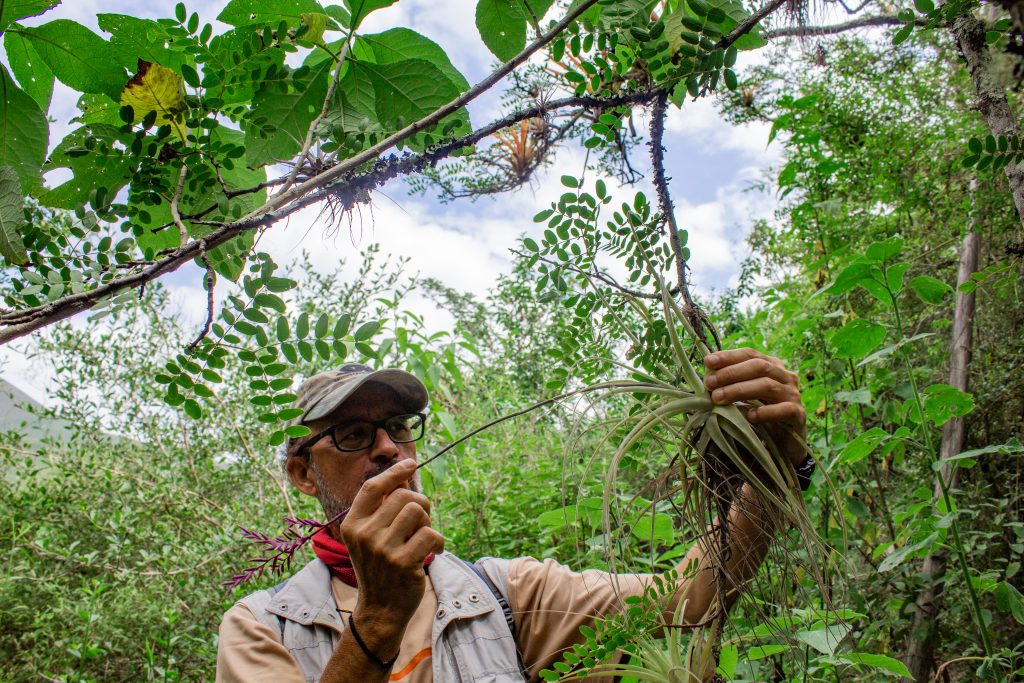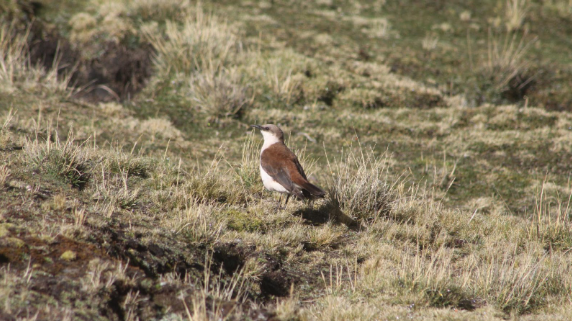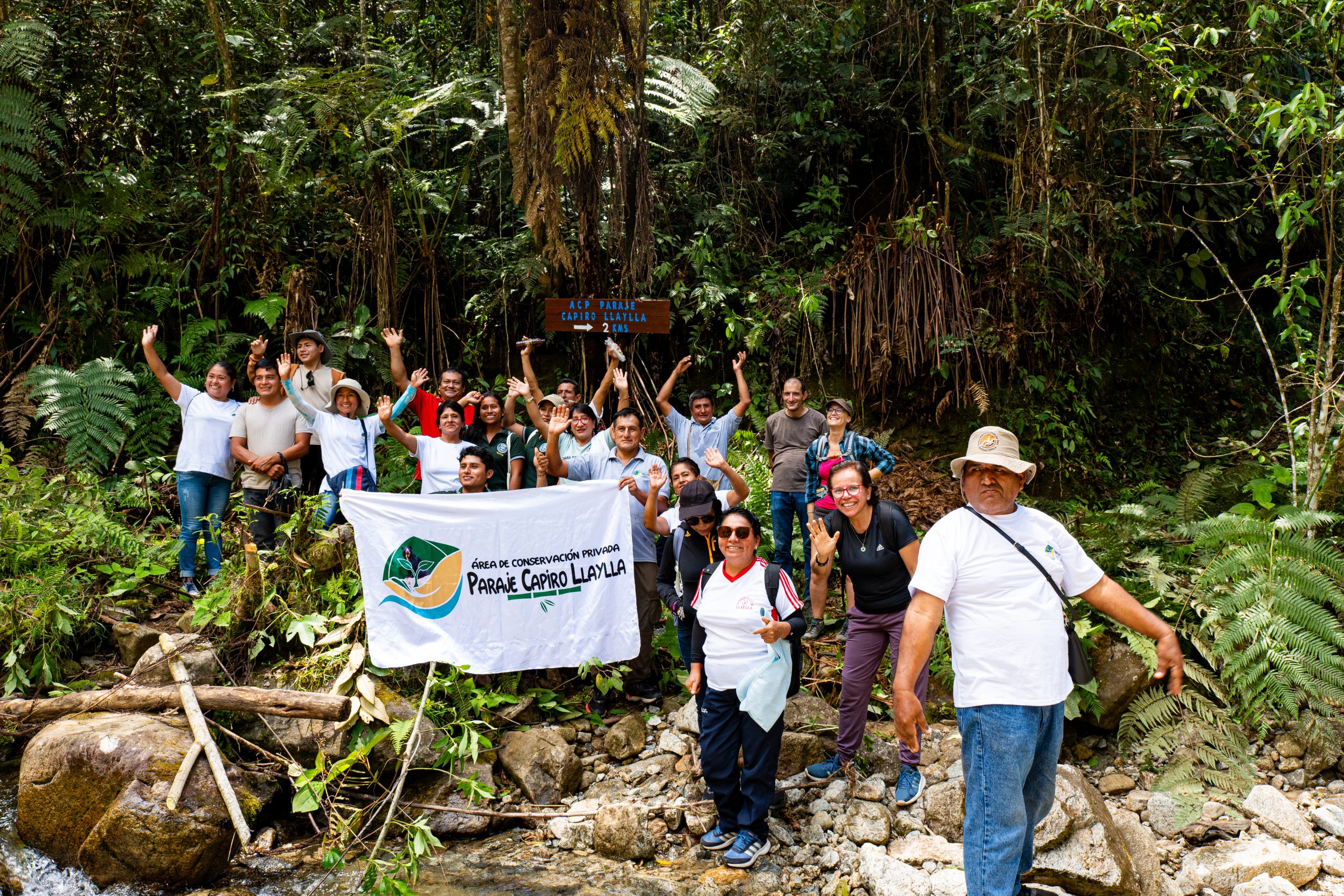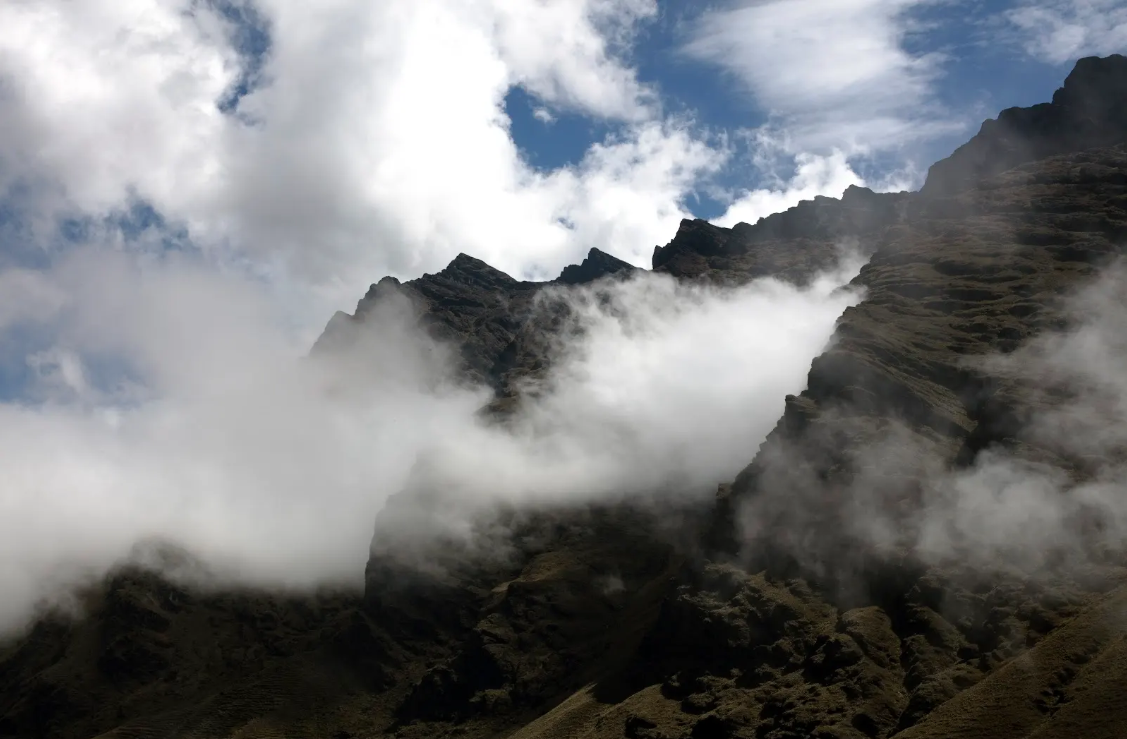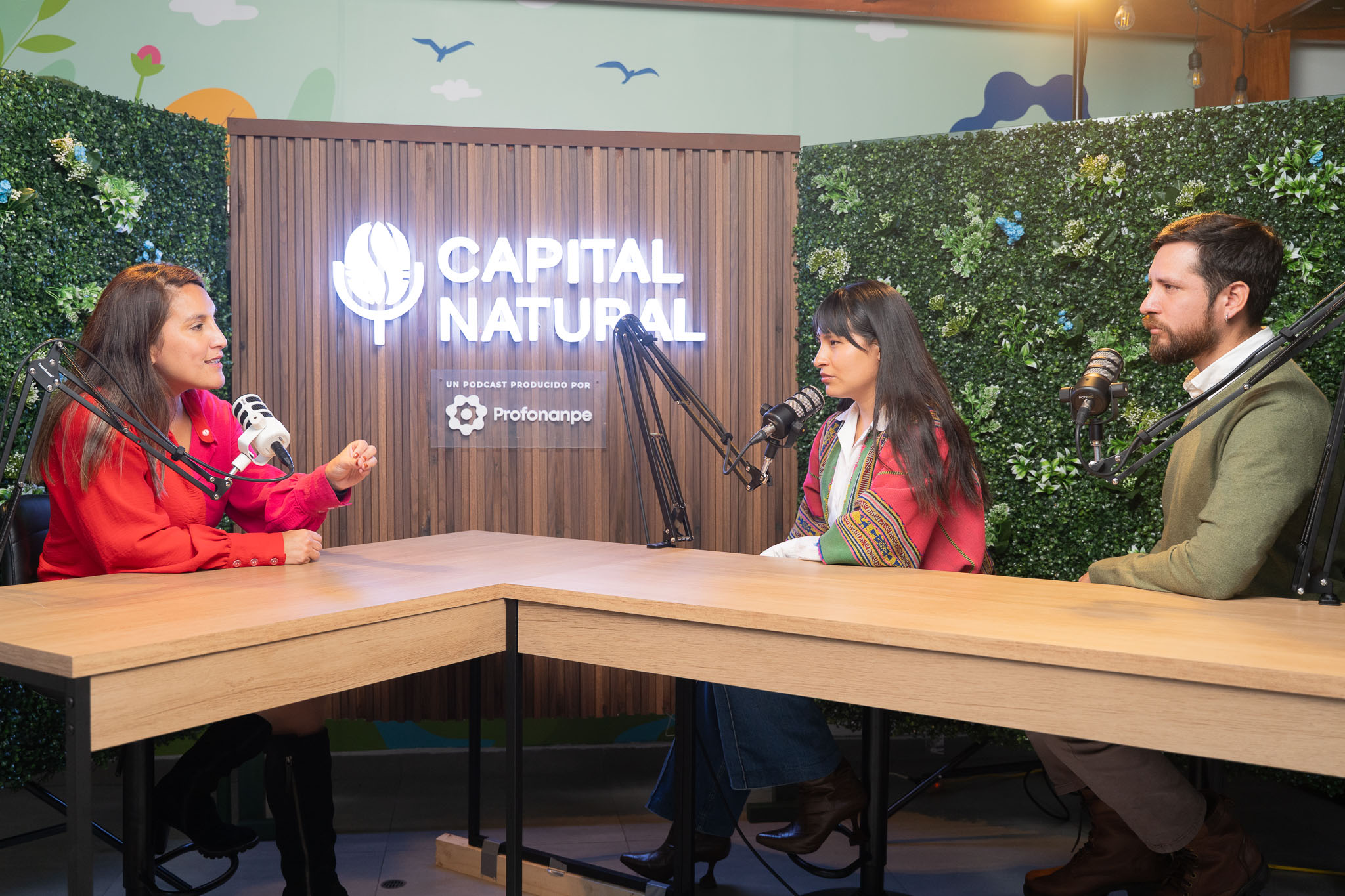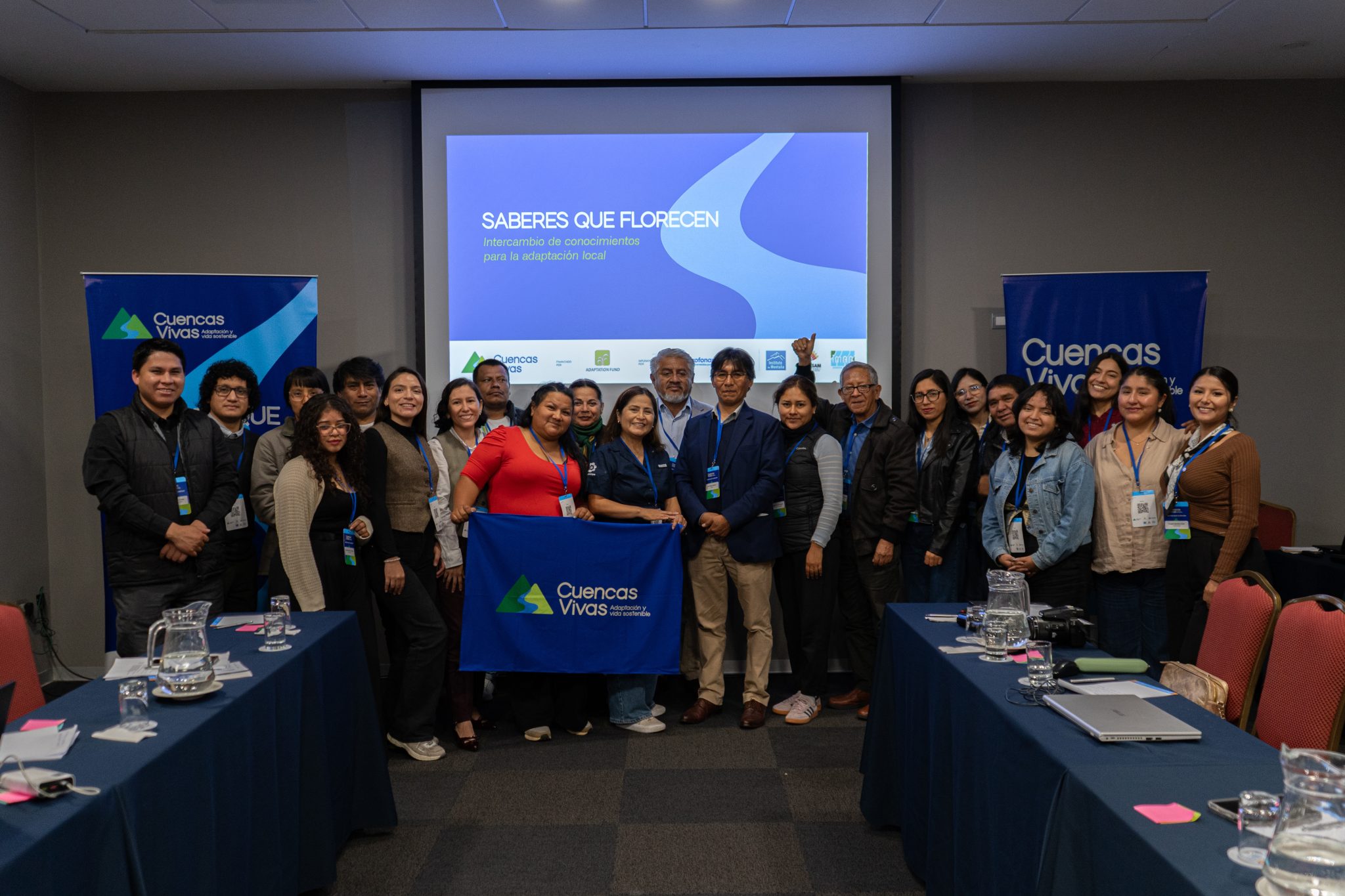Community development, climate change mitigation, accelerator programs, research proposals, conservation and innovation in food and health are some of the topics that have funding available in November 2025.
Discover opportunities that can enhance conservation and sustainable development!
- 100x Impact Accelerator. The goal of the 100x Impact Accelerator is to empower social entrepreneurs with disruptive ideas to scale their impact by providing catalytic capital, mentorship, connections to specialists, decision makers, and world-class research-based support. Closing date: November 1st. Apply here.
- Local Letters for Global Change: A Pulitzer Center Writing Contest. The “Local Letters for Global Change 2025” contest seeks to engage elementary and high school students in exercising global citizenship by writing letters to local representatives, identifying a global problem related to their community and proposing concrete solutions. The initiative, organized by the Pulitzer Center, encourages persuasive writing and highlights critical issues such as climate change, human rights or artificial intelligence, rewarding the best proposals with international dissemination and resources for educational activities. Closing date: November 14. Apply here.
- Turtle Conservation Fund. The Turtle Conservation Fund (TCF) is a coalition of strategy and funding partnerships made up of leading turtle conservation organizations and individuals whose goal is to ensure the long-term survival of tortoises and freshwater turtles. TCF awards grants to fund direct research and conservation expenditures for turtle projects and programs. Deadline: December 1. Apply here.
- World Sustainability Award. The World Sustainability Award (WSA) recognizes individuals who have made innovative contributions to sustainability research. Awarded by the MDPI Sustainability Foundation, the award recognizes academic excellence and transformative impact across disciplines. Closing date: December 15. Apply here.
- Global Food System Challenge. The Global Food System Challenge seeks to transform global food systems by supporting multidisciplinary teams to develop breakthrough innovations to ensure access to affordable, safe and nutritious food for a growing population while preserving the health of the planet, awarding up to US$1 million annually in prizes to projects at various stages of development. Deadline: December 15. Apply here.
- Fonseca Leadership Program. The Fonseca Leadership Program, promoted by WWF’s Russell E. Train Education for Nature Program (EFN) with support from the Global Environment Facility (GEF), offers financial support to students and professionals from 12 Latin American countries to pursue master’s or doctoral degrees in conservation issues. In addition to academic training, it seeks to strengthen a global network of alumni to promote the exchange of knowledge and enhance the collective impact on conservation. Closing date: December 18. Apply here.
- Future Conservationist Awards 2026. The main objective of the 2026 Future Conservationist Awards is to fund and support early-stage conservationists through grants of up to US$15,000 and ongoing mentoring to advance projects that protect threatened or data-deficient species according to the IUCN Red List, and address critical issues such as climate impact, habitat restoration, indigenous community engagement, and environmental policy. Closing date: January 9. Apply here.
- Global Raptor Research and Conservation Grant. HawkWatch International’s Global Raptor Research and Conservation Grant supports projects that address global raptor priorities. Its vision is to close important knowledge gaps about the world’s most threatened and least studied raptors, enabling science-based conservation led by local communities dedicated to their protection. Deadline: January 15. Apply here.
- Keeling Curve Prize. The Keeling Curve Prize (KCP), named after the revolutionary Keeling Curve, recognizes and supports innovative climate solutions that seek to reduce the Keeling Curve, thereby decreasing the concentration of atmospheric CO₂ and other greenhouse gases. Our award recognizes projects and initiatives from around the world that are making significant progress in combating climate change, promoting sustainability and driving decarbonization. Closing date: January 15. Apply here.
- Prince Talal International Award. The Prince Talal International Award for Human Development aims to recognize and promote innovative and successful projects that contribute to the sustainability of development and investment in people, disseminating their experiences to strengthen international cooperation and address factors that limit progress in developing countries, especially those affecting women, children and vulnerable groups such as poverty, social exclusion, education and health. The theme of the current edition of the Award is “Clean and Affordable Energy”, in line with the United Nations Sustainable Development Goals, with the purpose of promoting initiatives that boost universal access to sustainable, safe and environmentally friendly energy sources. Closing date: January 30. Apply here.
- Slingshot Challenge. The goal of the Slingshot Challenge is to encourage young people between the ages of 13 and 18 to propose creative solutions to local environmental problems through 1-minute videos, providing them with specialized mentoring through Solution Design Labs and the opportunity to obtain funding of up to US$10,000 to implement their ideas, in order to promote their role as agents of change in global conservation. Closing date: February 6. Apply here.
- The Conservation, Food and Health Foundation. The Conservation, Food and Health Foundation is an organization whose primary mission is to protect the environment, ensure food security and improve public health in developing regions of Africa, Asia, the Caribbean, Latin America and the Middle East. To fulfill this purpose, the Foundation specializes in financing innovative projects that offer practical solutions to local challenges, strengthen human capital and develop institutional capacities in three strategic areas: ecosystem conservation, sustainable agriculture and public health systems. As part of its intervention model, the Foundation prioritizes support for pioneering initiatives through seed funding for applied research, demonstration projects and training programs, with special emphasis on those proposals located in areas with limited access to financial resources. Its ultimate goal is to serve as a catalyst for these projects to achieve sustainability and scale their impact with the support of other investors. Deadline: No deadline. Apply here.
- Reece Foundation Grant. To support local initiatives that help communities in Australia and overseas gain access to clean water, sanitation or food security through irrigation. Deadline: No deadline. Apply here.
- Rufford Grants Program. This grant program provides grants for nature conservation projects in the developing world. There are five consecutive funding schemes: Rufford Small Grant, 2nd Rufford Small Grant, Booster Grant, 2nd Booster Grant and Completion Grant. The overriding requirement is that the work must be pragmatic in nature and have a substantial and lasting impact on the issue in question (conservation). There will often be a significant human element to a successful proposal, with community education and involvement being very important. The Foundation has a broad scope of interest. In addition to the conservation of animals in their habitat, it also wishes to support conservation work focused on threatened habitats and other organisms such as plants, fungi or insects. Deadline: No deadline. Apply here.
- Draper Richards Kaplan Foundation. The DRK Foundation funds early-stage social impact organizations that solve the world’s biggest social and environmental problems through innovative and scalable approaches. Deadline: No deadline. Apply here.
- Pure Earth Fund. The Pure Earth Opportunity Fund supports short-term strategic projects that promote common understanding of lead poisoning prevention, interventions and policy. It seeks to be a mechanism to rapidly address emerging problems or urgent data gaps related to lead poisoning in low- and middle-income countries. Deadline: No deadline. Apply here.


